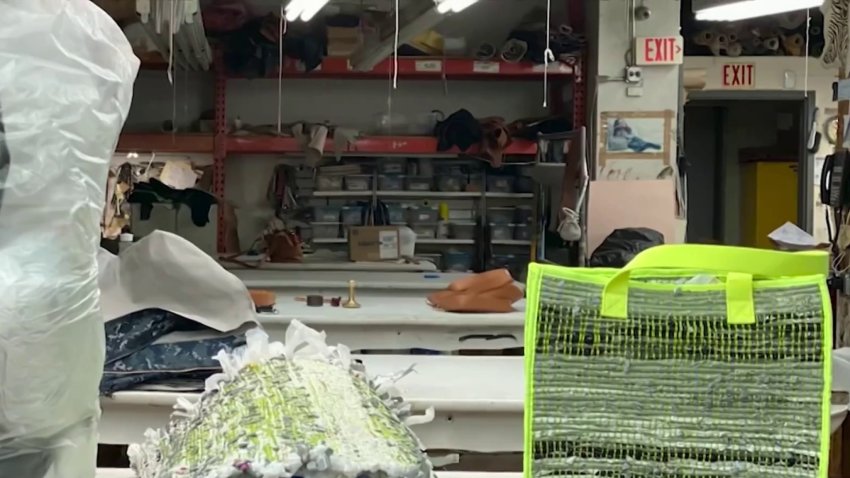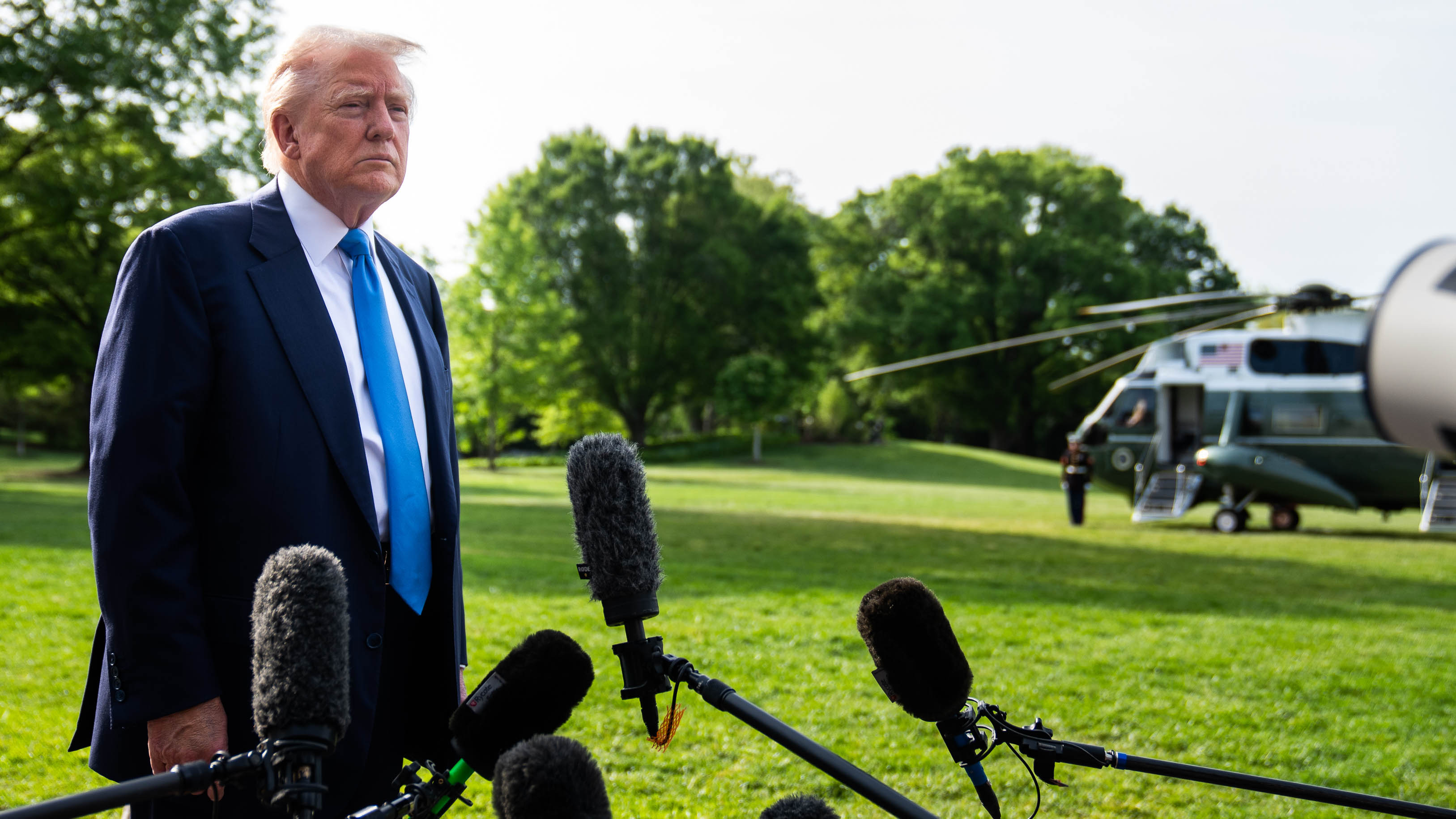New York State’s plastic bag ban went into effect on Sunday. Ken Buffa reports.
New York's never-enforced ban on single-use plastic bags has survived a lawsuit lodged by a plastic bag manufacturer and convenience store owners, but a state judge ruled Thursday that state regulators went too far by allowing stores to hand out thicker plastic bags.
A state law effective March 1 bans many types of businesses from using the thin plastic bags that have been clogging up landfills, getting tangled in trees and accumulating in lakes and seas. Single-use paper bags are still allowed, but counties have the option of imposing a 5 cent fee.
But the Department of Environmental Conservation agreed to delay enforcement of the law as the state fought to get a court to toss the lawsuit. And amid the COVID-19 pandemic, some retailers have prohibited customers from bringing in reusable bags that New York lawmakers hope to promote.
State Supreme Court Justice Gerald Connolly ordered New York in a decision released Thursday to strike a part of the plastic bag ban regulations that some environmental activists worried would allow retailers to eventually hand out a bag several times thicker than the kind provided at Macy's and shopping malls.
State environmental conservation commissioner Basil Seggos has defended the exemption as in line with the law. And his agency has said the plastic industry probably lacks the machinery to produce thicker plastic bags that meet New York’s proposed standard and still be cost-effective.
But Justice Connolly said Thursday the exemption was in "plain contradiction" of the state law.
News
"It remains, of course, within the province of the Legislature to enact legislation to the extent it seeks to expand the list of 'exempt bags,'" he wrote.

Department officials plan to soon notify stores and businesses about when and how New York will start enforcing the law.
"The court's decision is a victory and a vindication of New York State's efforts to end the scourge of single-use plastic bags and a direct rebuke to the plastic bag manufacturers who tried to stop our law," Seggos said in a statement.
Plastic bag manufacturers and convenience store owners had argued New York's plastic bag ban would bankrupt their industries. And they argued the court should discard the entire ban because state regulators needed legislative permission for their exemption for thicker plastic bags.
Justice Connolly said those opponents failed in their arguments to strike down New York’s plastic bag ban in light of the ongoing COVID-19 crisis.
Zachary Taylor, director of the American Recyclable Plastic Bag Alliance, said New York's law is still "unworkable" and warned that small retailers will struggle to get paper bags amid the pandemic.
The advocacy group, which represents the U.S. plastic bag manufacturing industry, has reported spending $145,000 on lobbying New York lawmakers who pushed for single-use bag regulations over the last two years, according to state lobbying records.

"Unfortunately, we are back where we started, and New York's bag ban is still broken," Taylor said.
Supporters of New York's ban who had criticized the exemption for thicker bags said New York’s plastic bag ban is now a model for other states.
"Once fully implemented, New Yorkers will see the benefits of this law almost immediately with less plastic bag litter in neighborhoods, parks and rivers," Judith Enck, president of advocacy group Beyond Plastics and former EPA Regional Administrator, said.



